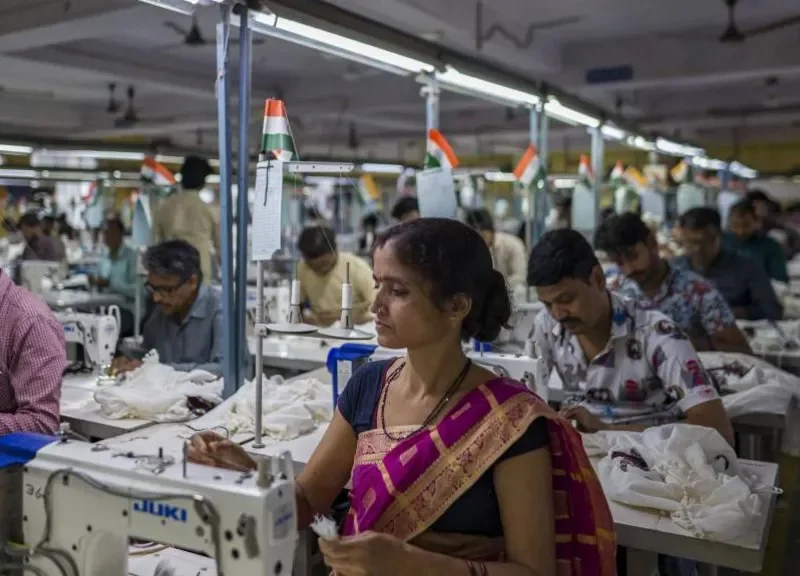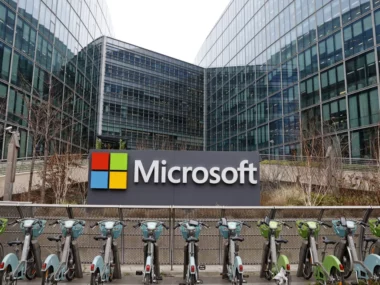The UK and India have reached a trade agreement aimed at reducing the costs and simplifying the exchange of goods and services between the two nations.
The goal is for the deal to benefit both economies.
According to the British government, this deal is the “largest and most economically important” trade agreement the UK has signed since its departure from the European Union in 2020.
Here’s a summary of the terms and what it could mean for you:
What’s been agreed?
- The UK has reduced taxes on imports from India, including:
- Clothing and footwear
- Food products such as frozen prawns
- Jewelry and gems
- Certain cars
- India has lowered taxes on imports from the UK, including:
- Cosmetics
- Scotch whisky, gin, and soft drinks
- Higher-value cars
- Food items like lamb, salmon, chocolate, and biscuits
- Medical devices
- Aerospace products
- Electrical machinery
Additionally, the agreement will open up more opportunities for British companies to bid for service contracts in India.
How will This Affect Individuals in the UK and India?
The trade deal won’t take effect for up to a year, so there won’t be any immediate changes.
However, over time, the UK government suggests that reduced tariffs on items like clothing, jewelry, and frozen prawns could lead to lower prices and more options.
This agreement could benefit UK businesses that produce goods with reduced tariffs, such as car manufacturers and whisky distillers.
For instance, tariffs on UK whisky and gin exports to India will decrease from 150% to 75%, eventually dropping to 40% by the tenth year of the deal. Car tariffs will also be reduced from over 100% to 10%.
This could significantly help these industries, especially since they might face challenges from US tariffs, as Indian companies will pay lower import fees for these products.
If businesses export more to India and see higher profits, they could invest more, hire additional staff, and pay more taxes.
In India, consumers might enjoy a wider variety of products covered by the deal. Additionally, clothing manufacturers and jewelers in India could expand their access to the UK market, improving their profit margins.
How Significant is This for the UK and India?
This deal has been in the works for several years, with negotiations spanning around three years.
The introduction of tariffs by US President Donald Trump on goods entering the US seems to have prompted other global leaders to explore free-trade agreements with one another.
The UK’s deal with India is its third-largest, following agreements with Australia and Japan. For context, the UK has signed trade deals and agreements with about 70 countries and one with the EU.
The EU remains the largest trading partner for both the UK and India. Therefore, a free trade agreement between India and the EU would carry more weight than the one with the UK. Both India and the EU are aiming to finalize their deal by the end of 2025. Last year, trade between the UK and India totaled £42bn. The UK government projects this deal will increase that by £25.5bn annually by 2040.
Over time, it is expected to contribute £4.8bn to the UK economy, a small fraction of the UK’s economy, which was valued at £2,851bn last year.
India is also expected to become the world’s third-largest economy in the near future. With a population of 1.45bn, about 20 times the UK’s, it offers significant potential for consumers.
For India, the UK is a key trading partner, as the country has set an ambitious goal of growing its exports by $1tn (£750bn) by 2030.
What Impact will This have on Visas?
One reason the UK-India free trade deal took so long to finalize was India’s significant demands regarding visas for Indian professionals and students wishing to work and study abroad.
The UK government has stated that the deal does not change immigration policy, including the rules for Indian students studying in the UK.
However, the deal does include a three-year exemption on social security contributions for Indian employees working in the UK on short-term visas.
This agreement, called the Double Contribution Convention, was one of the key points India pushed for during negotiations. It ensures that social security contributions are not required in both countries.
UK Business Secretary Jonathan Reynolds mentioned that the deal would make it easier for individuals with certain skills to work temporarily in the UK.
He added that it would create a limited number of visas through an existing route for roles such as chefs, musicians, and yoga teachers, totaling around 1,800 visas.











